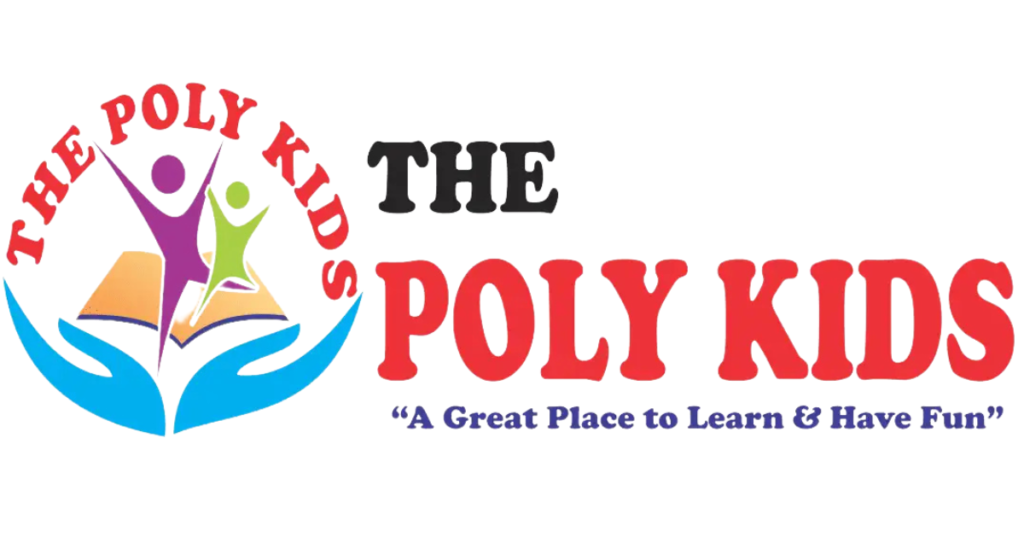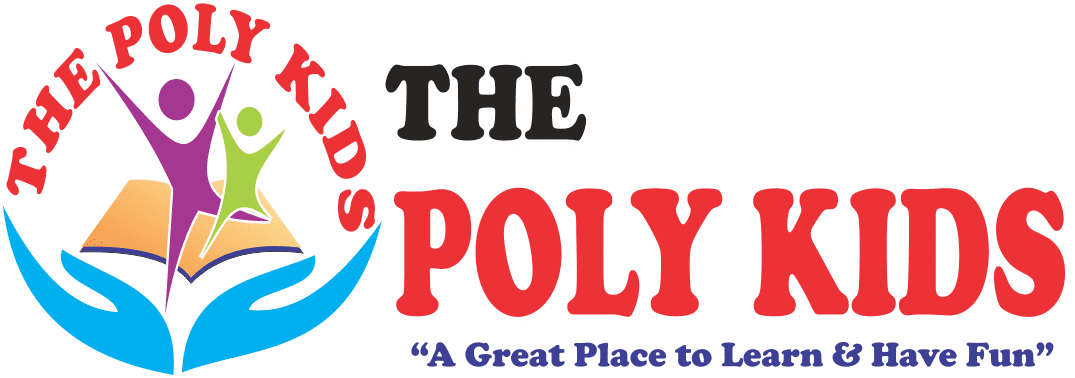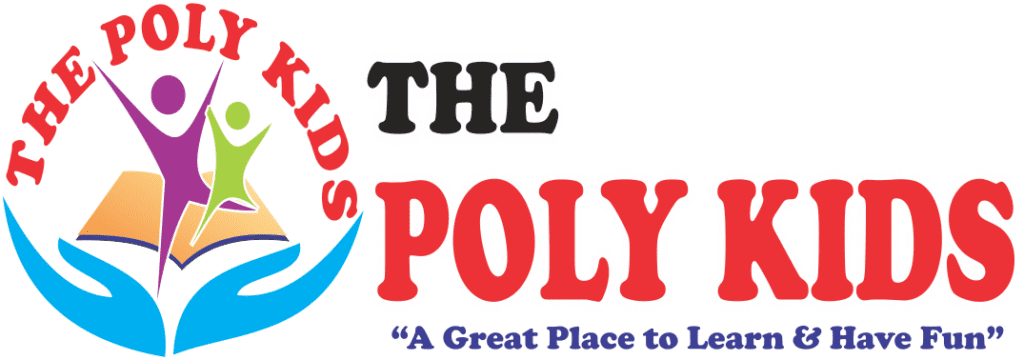Introduction: Kindergarten serves as a foundational stage for instilling healthy habits and promoting overall wellness in young children. At our institution, recognized as the best play school near me in Dehradun, we understand the importance of fostering a supportive environment that prioritizes physical, mental, and emotional well-being. In this blog post, we explore the strategies and initiatives implemented in kindergarten schools to promote healthy habits and empower children to lead happy and fulfilling lives.
- Understanding the Importance of Wellness in Kindergarten Schools:
- Kindergarten is a critical stage for establishing healthy habits that can last a lifetime.
- Promoting wellness in kindergarten schools supports children’s physical, mental, and emotional development.
- Best Play School Near Me:
- As the best play school near me in Dehradun, we are committed to promoting wellness and holistic development in kindergarten students.
- Our comprehensive approach integrates health and wellness initiatives into the curriculum and school environment.
- Physical Activity and Exercise:
- Kindergarten schools prioritize regular physical activity and exercise to promote cardiovascular health and motor skill development.
- Outdoor play, sports activities, and structured movement breaks are incorporated into the daily routine.
- Nutrition Education:
- Kindergarten curriculum includes nutrition education to teach children about healthy eating habits and the importance of balanced meals.
- Children learn about food groups, portion sizes, and making nutritious choices through interactive lessons and activities.
- Healthy Snack Policies:
- Kindergarten schools implement healthy snack policies that encourage parents to pack nutritious snacks for their children.
- Snack time provides an opportunity for children to fuel their bodies with wholesome foods that support growth and development.
- Hygiene and Personal Care:
- Kindergarten students learn about proper hygiene practices, including handwashing, dental care, and personal grooming.
- Teachers reinforce the importance of cleanliness and sanitation to prevent the spread of germs and maintain overall health.
- Emotional Well-Being Support:
- Kindergarten schools provide resources and support to promote children’s emotional well-being and resilience.
- Counseling services, social-emotional learning programs, and mindfulness activities help children manage stress and build positive coping skills.
- Outdoor Learning Spaces:
- Kindergarten schools incorporate outdoor learning spaces that provide opportunities for nature exploration, fresh air, and sensory experiences.
- Outdoor environments promote physical activity, creativity, and a connection with the natural world.
- Promoting Sleep Hygiene:
- Kindergarten schools educate families about the importance of adequate sleep for children’s health and academic performance.
- Establishing bedtime routines and creating a conducive sleep environment support children in getting the rest they need.
- Health and Safety Policies:
- Kindergarten schools implement health and safety policies to ensure a safe and nurturing environment for all students.
- Policies may include vaccination requirements, illness protocols, and emergency preparedness measures.
- Encouraging Active Play:
- Kindergarten classrooms are equipped with age-appropriate toys, games, and play equipment that encourage active play and gross motor development.
- Children engage in imaginative play, cooperative games, and physical challenges that promote movement and coordination.
- Outdoor Garden Projects:
- Kindergarten schools may incorporate garden projects that allow children to learn about gardening, nutrition, and environmental stewardship.
- Gardening activities promote a connection with nature, healthy eating habits, and an appreciation for the food cycle.
- Mindfulness and Relaxation Techniques:
- Kindergarten students learn mindfulness and relaxation techniques, such as deep breathing exercises and guided imagery.
- These practices help children manage stress, regulate emotions, and cultivate a sense of inner calm.
- Promoting Social Connections:
- Kindergarten schools foster a sense of community and belonging through social activities, group projects, and peer interactions.
- Positive social connections support children’s emotional well-being and resilience.
- Family Wellness Workshops:
- Kindergarten schools offer family wellness workshops that provide parents with resources and strategies for promoting health and well-being at home.
- Workshops may cover topics such as nutrition, sleep hygiene, and positive parenting practices.
- Incorporating Mindful Eating Practices:
- Kindergarten students practice mindful eating techniques, such as savoring each bite, listening to hunger cues, and paying attention to food textures and flavors.
- Mindful eating promotes healthy eating habits and helps children develop a positive relationship with food.
- Health Education Curriculum:
- Kindergarten schools develop age-appropriate health education curriculum that covers topics such as personal hygiene, nutrition, exercise, and safety.
- Children learn essential health concepts and skills that empower them to make informed decisions about their well-being.
- Encouraging Active Transportation:
- Kindergarten schools promote active transportation options, such as walking or biking to school, to encourage physical activity and reduce carbon emissions.
- Safe routes to school initiatives and walking school buses provide opportunities for children to be physically active while commuting.
- Creating Supportive Environments:
- Kindergarten schools create supportive environments that prioritize children’s health and well-being in all aspects of the school day.
- Policies, practices, and physical spaces are designed to promote healthy choices and positive behaviors.
- Celebrating Wellness Achievements:
- Kindergarten schools celebrate wellness achievements through recognition programs, wellness challenges, and school-wide events.
- Recognizing children’s efforts and successes in promoting health and well-being reinforces positive habits and behaviors.
Conclusion: In conclusion, promoting wellness in kindergarten schools is essential for supporting children’s physical, mental, and emotional development. As the best play school near me in Dehradun, we are dedicated to fostering healthy habits and empowering children to lead happy and fulfilling lives. Through a comprehensive approach that integrates physical activity, nutrition education, emotional support, and community engagement, we create an environment where children thrive and flourish. By instilling lifelong healthy habits in kindergarten, we set the foundation for a lifetime of wellness and well-being.
daycare centre school in dehradun|kindergarten school in dehradun|primary school in dehradun|pre school in dehradun|nursery school in dehradun|play school in dehradun|pre primary school in dehradun|Best Play School in dehradun|Top Pre school in dehradun|


